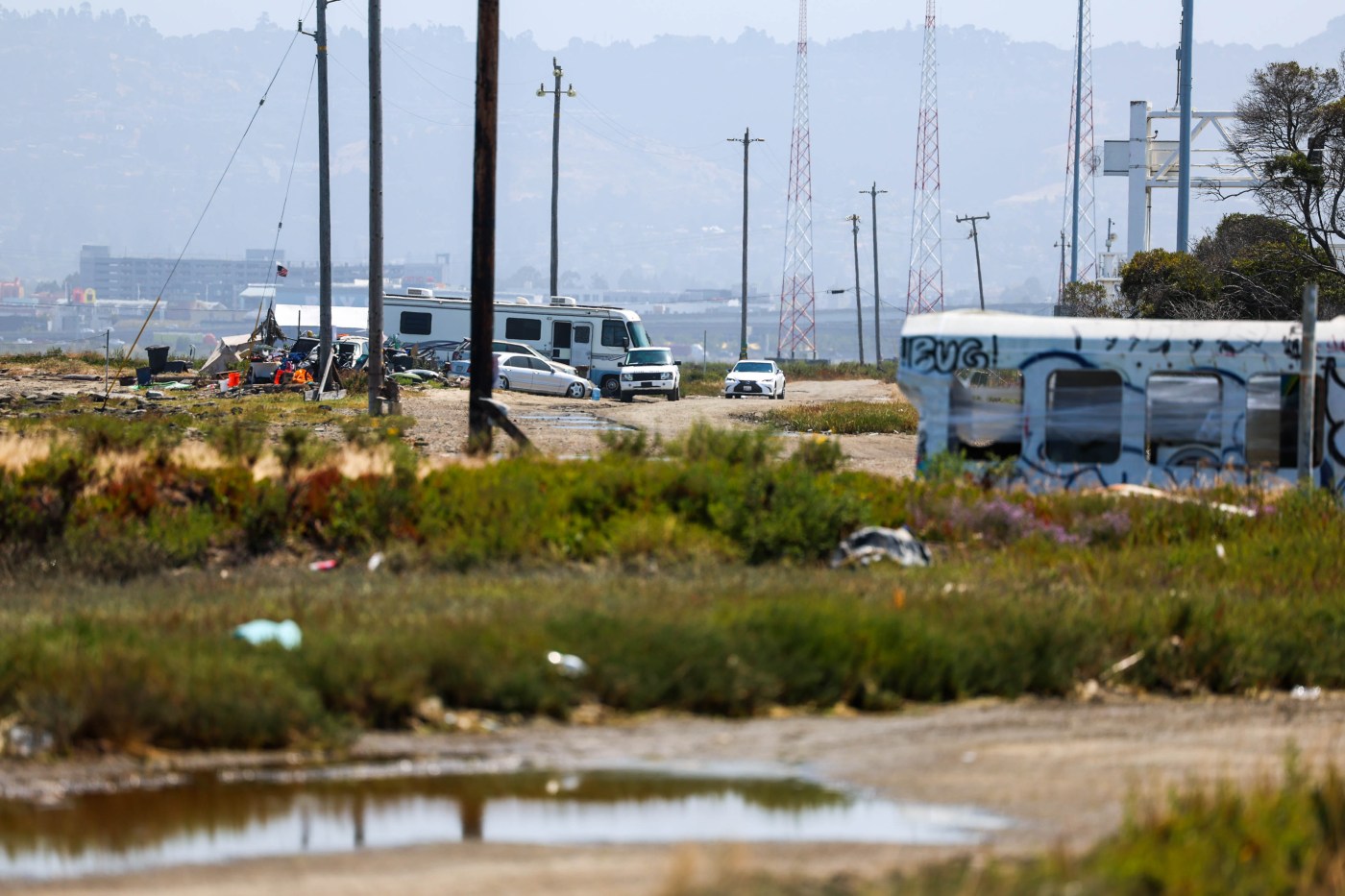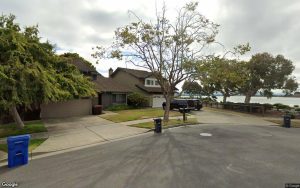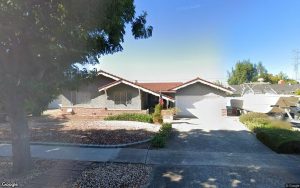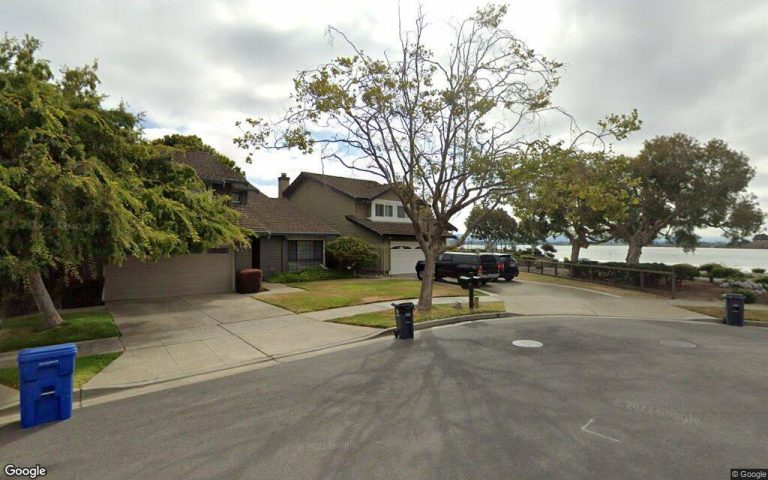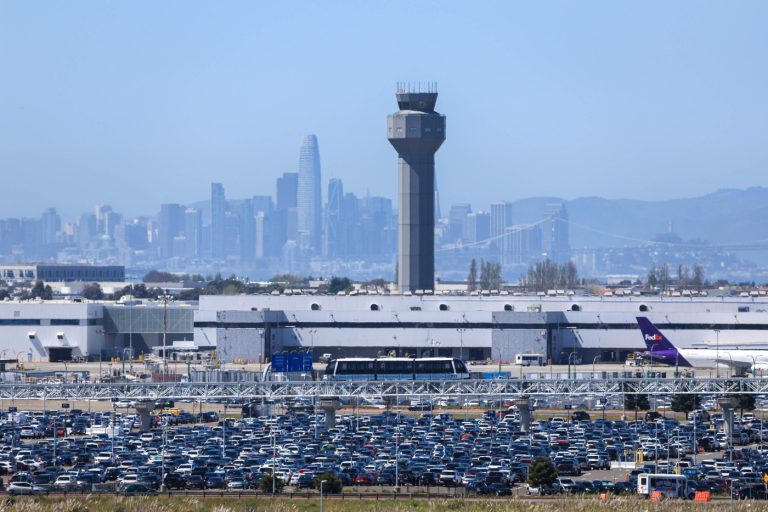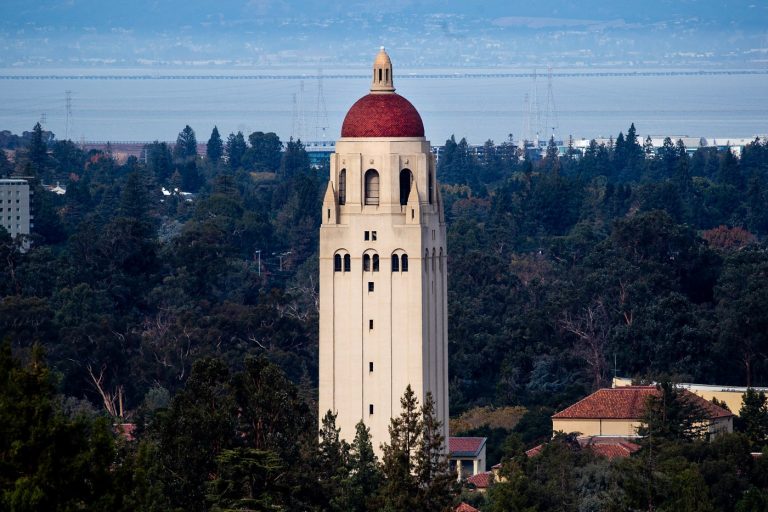After halting Oakland’s plan to clear a small homeless camp near the Bay Bridge last week, a federal judge has decided the city can move forward with the sweep starting Friday.
The order comes as a blow for homeless advocates in an early test of local officials’ authority to shut down encampments following last month’s landmark U.S. Supreme Court ruling giving cities broader power to police homelessness.
On Wednesday, United States District Court Judge Susan Illston denied camp residents’ request for an injunction blocking the sweep. The city can start clearing the encampment at Toll Plaza Beach — a hidden stretch of shoreline just off Highway 80 with a panoramic bayfront view — at 9 a.m. on Friday.
Encampment residents had claimed Oakland officials violated the federal Americans with Disabilities Act by failing to provide the dozen or so people living there appropriate shelter or housing to accommodate their various disabilities ahead of the planned eviction.
They also argued the sweep would violate their right to due process.
The city said it needed to clear the camp to comply with state environmental law. Regulators had threatened to fine the city if it failed to clean up the beach.
Oakland officials did not respond to a request for comment.
In her ruling, Illston found that while camp residents would “no doubt be exposed to additional dangers once they lose the community they have built for mutual support,” the city had made a good-faith effort to provide them with the shelter it had available.
She ordered the city “to continue working with these plaintiffs to ensure that they are offered the available shelter that best accommodates their disabilities” ahead of the sweep.
The order comes less than a month after the Supreme Court’s conservative majority agreed to strike down a precedent that prohibited cities from punishing people for sleeping on public property without providing “adequate shelter.”
That’s left homeless advocates to resort to other legal arguments, including disability claims, to try and delay sweeps. While those arguments gave encampment residents at Toll Beach Plaza a reprieve, they failed in securing the shelter options some had hoped would materialize.
Related Articles
California passed a law to fix unsafe homeless shelters. Cities and counties are ignoring it
What would Biden’s proposed 5% nationwide rent cap mean for the Bay Area?
After SCOTUS homelessness ruling, here’s how Bay Area advocates plan to halt encampment sweeps
Kneaded culinary academy cooks up solutions for struggling South Bay youth
Pasquale Esposito performs July 12 benefit for Family Supportive Housing
Camp resident Michael Avery said he turned down the city’s offer of a rudimentary cabin shelter because it lacked space for him, his partner and their three dogs. He also worried about staying in close quarters with other cabin shelter residents, whom he described as “just not good people.”
On Wednesday, Avery, who’s HIV-positive and has lived out of a maroon-colored minivan at the far end of the dirt road to the windswept beach for a couple of years, said he wasn’t sure where he would end up next.
“I always figured it wasn’t going to last here,” Avery said. “It lasted a lot longer than I expected. Maybe it’s just time to pack up and leave and see what happens with life outside of here.”
